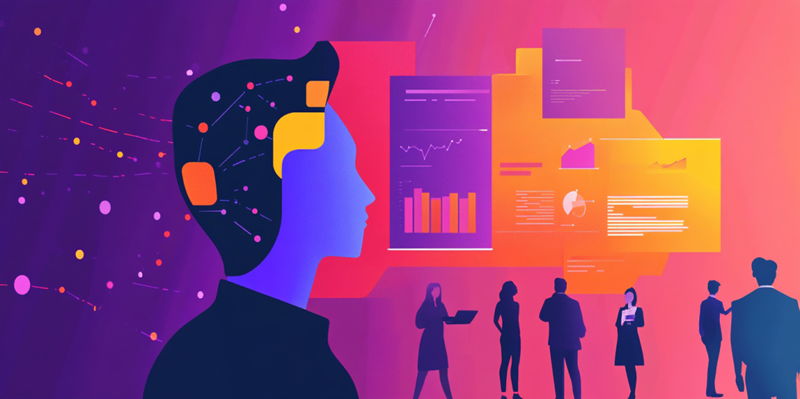As businesses continue to evolve, the tools they use to manage relationships with customers must advance as well. Customer Relationship Management (CRM) software has come a long way from its early days as a simple contact management tool. Understanding the top trends in CRM software for 2024 can help companies stay ahead of the curve and optimize their customer interactions. This roundup gathers insights from various experts to present an overview of what to expect in the near future of CRM solutions.
AI and Machine Learning Integration
Consistent Predictions
Many experts agree that the integration of Artificial Intelligence (AI) and Machine Learning (ML) into CRM systems will be a significant trend in 2024. AI-driven analytics are expected to enhance predictive capabilities, enabling businesses to anticipate customer needs more accurately. Companies like Salesforce and HubSpot are already experimenting with these technologies, focusing on automating tasks and providing personalized experiences.
Differing Views
While there is consensus on the potential benefits, opinions diverge on the extent to which AI will be adopted. Some believe that small and medium-sized enterprises (SMEs) might struggle to implement these technologies due to cost and complexity. In contrast, others argue that advancements in AI will eventually make these features more accessible to businesses of all sizes.
Enhanced Mobile CRM
Another emerging trend is the enhancement of mobile CRM solutions. As remote work and on-the-go client interactions become more prevalent, CRM providers are prioritizing the development of mobile-friendly platforms.
Expert Opinions
According to CRM software reviews by experts, companies like Zoho CRM and Microsoft Dynamics have already made significant strides in mobile optimization. These platforms are designed to offer full functionality, ensuring that sales teams can manage customer interactions seamlessly, regardless of their location.
Points of Contention
Some experts express skepticism about the adoption rate of mobile CRMs, particularly in industries that heavily rely on desktop functionalities. However, the general consensus is that improved mobile CRM capabilities will be crucial for the future.
Increased Focus on User Experience
Unified View
User experience (UX) continues to be a critical factor in CRM software development. The trend is moving toward creating more intuitive and user-friendly interfaces to ensure higher adoption rates and user satisfaction.
Varied Perspectives
While some argue that a seamless UX is already a given in top-tier CRM solutions, others believe there is still significant room for improvement. Creations from companies like Pipedrive and Freshworks CRM are often cited for their focus on simplifying complex processes, contributing to better overall user experiences.
Omnichannel Customer Interactions
Holistic Integration
The ability to manage customer interactions across multiple channels (social media, email, phone, etc.) from a single platform is expected to be a game-changer in 2024. CRM systems like those offered by Oracle and SAP are striving to provide a holistic view of customer interactions.
Controversies
Despite the benefits, some experts caution that integrating omnichannel capabilities could complicate CRM systems, potentially leading to user overwhelm. The challenge lies in balancing comprehensive features with ease of use.
Privacy and Security Enhancements
Growing Importance
With increasing data privacy regulations, CRM providers are expected to focus more on enhancing privacy and security features. Ensuring that customer data is secure and compliant with laws like GDPR will be a significant selling point.
Expert Insights
Many CRM experts, including those from Forrester Research and Gartner, emphasize the importance of prioritizing security enhancements. They believe this focus will not only protect customer data but also instill greater trust in CRM platforms.
Conclusion
The top trends in CRM software for 2024 reveal a dynamic landscape where technological advancements, user experience, and privacy concerns are at the forefront. From AI and machine learning integration to enhanced mobile capabilities and omnichannel interactions, CRM systems are evolving to meet the complex needs of modern businesses. While experts agree on many of these trends, there are varying opinions on their adoption rates and potential challenges.
For businesses looking to stay ahead, understanding these trends and their implications will be crucial. Further reading on the latest CRM software developments and expert reviews can offer additional insights into making informed decisions for 2024 and beyond.

